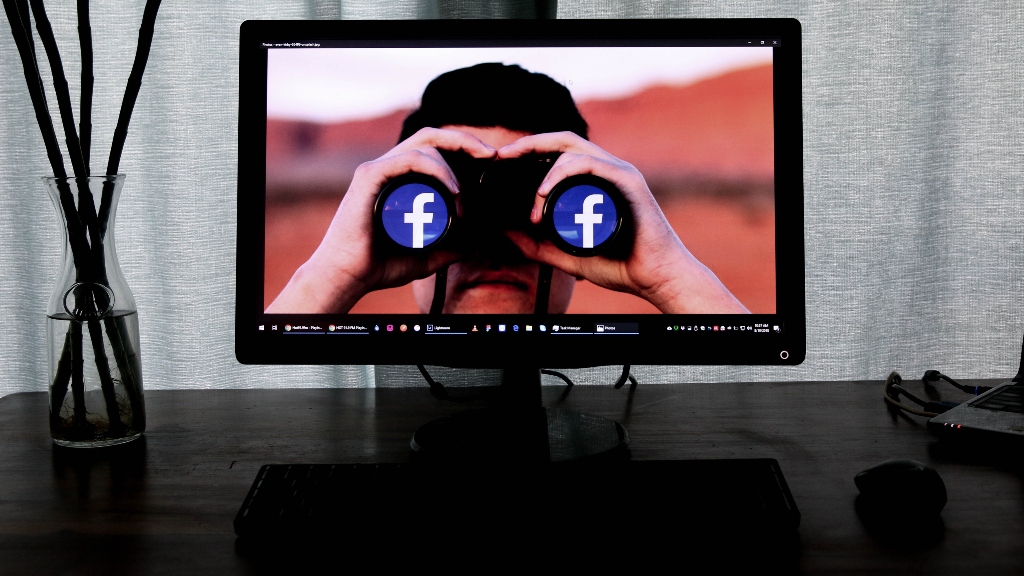Meta, the social media company formerly known as Facebook, is in some hot water. One would think that a company making multiple billions of dollars a year would invest in technology to ensure that consumer data was being used properly and protected from any breaches.
If they could not ensure that data would not be misused, then by all means the company would do all they could to cooperate and make sure this could not continue, right? It has now become obvious that Meta allegedly did not feel the need to protect consumer information or to cooperate once it was discovered that there were issues, according to a recent lawsuit.
Back in 2018, an entire four years ago, Facebook’s CEO wrote a post assuring users that an audit would be performed of third-party apps produced by and used on the platform. It should be noted that the findings of this audit were never officially released by the company. This assurance from the CEO came after yet another Facebook scandal over data misuse by the company Cambridge Analytica. According to a SEC complaint, Facebook had known about Cambridge Analytica misusing Facebook user information as early as 2015 but failed to act for three years until this was uncovered. The SEC’s complaint further explained that,
“From 2016 until mid-March 2018, Facebook presented the risk of misuse of its users’ data as merely hypothetical. In fact, Facebook had already become aware by December 2015 that a researcher had improperly sold information related to tens of millions of Facebook users to data analytics firm Cambridge Analytica.”
Facebook knowingly hid the fact that there was a data breach from its users for years, which isn’t great for its reputation.
Two documents found here and here were finally unsealed on September 15, 2022 in California, shedding more light on this situation. They showed that Facebook allegedly refused to comply with the plaintiff’s requests for as long as possible, intentionally making it very difficult to conduct a thorough discovery.
So, what was the company trying to keep hidden for so long?
First, Cambridge Analytica was able to harvest user data to be used for voting experiments, without the user’s consent. If Facebook had acted back in 2015 when alerted, this may never have happened or at the very least would not have continued for years.
Second, two well-known applications, Yahoo and Zynga, were applications on Facebook’s platform that were given the ability to harvest information, including some of a sensitive nature, from many more people than had even used the applications. This is obviously problematic.
Facebook, a company that rebranded to Meta in October 2021, allegedly did so in order to put its marred past behind it. With more and more information coming out about user data misuse, and troubling business dealings, it appears that the past may be back to haunt it.
What will Meta do next? Who’s to say, maybe they will take steps to address these concerns. Or maybe they will sweep it under the rug and try rebranding again. What could possibly go wrong?
Allison Snider is a freelance writer and owner of AllieWritesCreatively. She is passionate about raising awareness for chronic illnesses and ending the stigma around mental health. In her free time, you can find Allison hiking with her wife, Sara, and two dogs, Stella and Sophie.











































